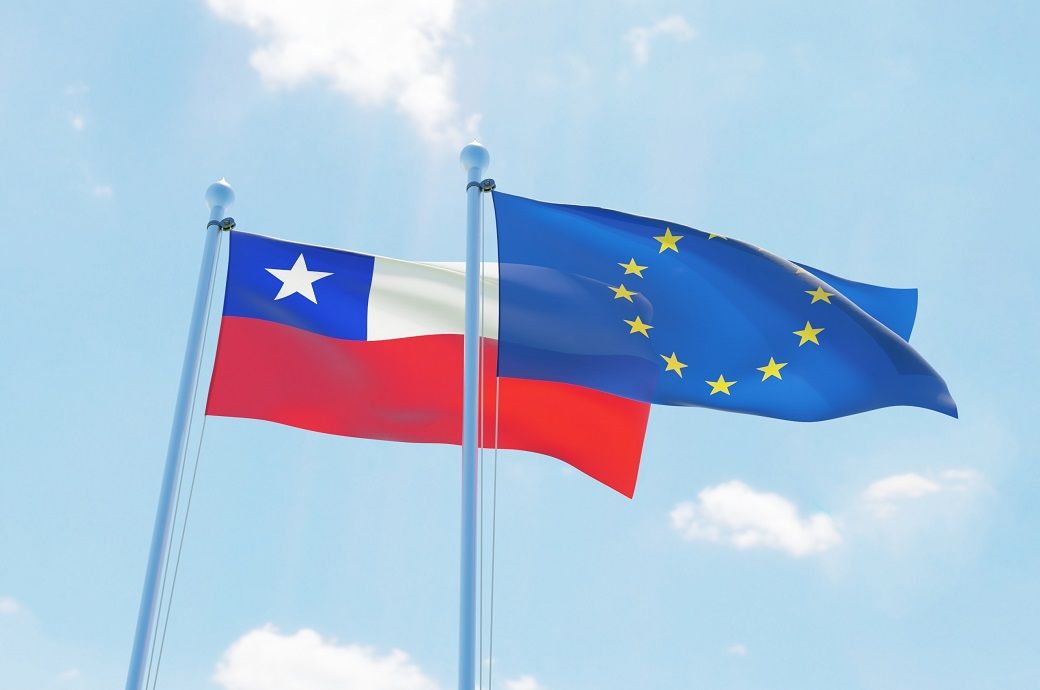
In particular, the agreement puts shared values such as sustainable trade, human rights, and gender equality at the core of EU-Chile relations. It strengthens EU-Chile cooperation on shared global challenges, such as the fight against climate change and the environment, according to a press release by European Commission.
Closer economic ties with Chile will allow the EU to diversify and strengthen its economic resilience, while increasing opportunities for EU exports and investments. Better access and sustainable investment in critical raw materials such as lithium will contribute to advancing both regions’ shared ambition for a green transition.
The agreement will provide new opportunities for EU businesses in Latin America's fifth largest economy, Chile. EU’s 99.9 per cent exports will be tariff free, which is expected to increase EU exports to Chile by up to €4.5 billion. Greater access to raw materials and clean fuel will be crucial for the transition to the green economy.
The agreement will ensure same treatment for EU investors in Chile as for Chilean investors, including in the energy and raw material sector, and vice versa. The agreement will improve access for EU companies to Chilean government procurement contracts for goods, and vice versa.
The agreement features a dedicated chapter on small and medium enterprises to help ensure that smaller businesses fully benefit from the agreement, including by cutting red tape.
The modernised EU-Chile Agreement will be composed of two parallel legal instruments: the Advanced Framework Agreement, that will include the political and cooperation pillar and the trade and investment pillar, subject to ratification by all member states; and an Interim Free Trade Agreement (iFTA) covering only those parts of the trade and investment pillar of the Advanced Framework Agreement that are of EU exclusive competence, to be adopted through the EU-only ratification process. The iFTA will expire when the Advanced Framework Agreement enters into force.
As a first step, both the EU and Chile will proceed with the legal verification of the agreement. Following that, the EU will propose the Advanced Framework Agreement and the iFTA for conclusion and ratification.
Fibre2Fashion News Desk (DP)